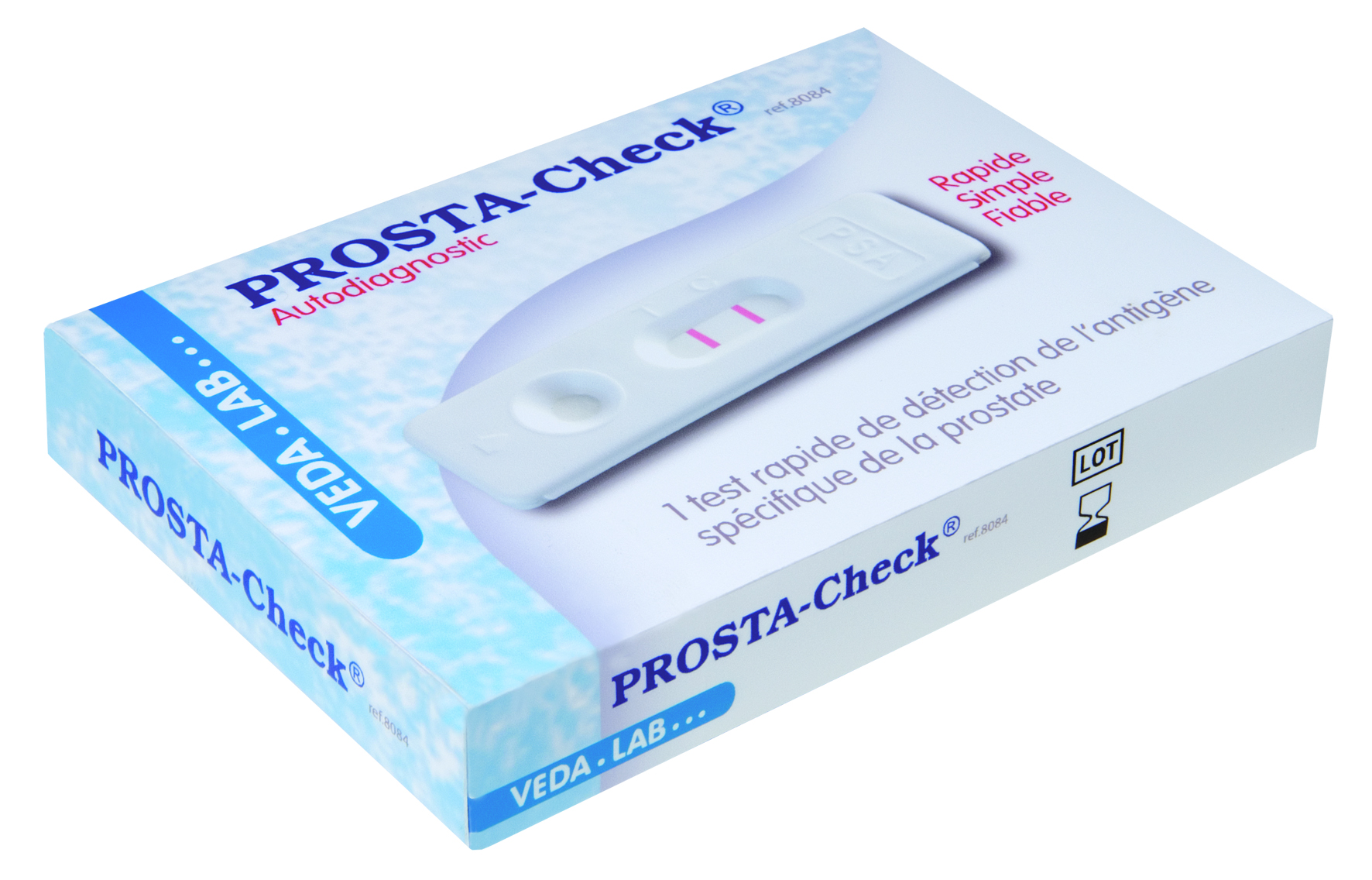|
From Castlebar - County Mayo - General One in 13 Irish Men Will be Diagnosed with Prostate Cancer in 2012
The incidence and death rates for prostate cancer are higher in Ireland than in England, Scotland and Wales (1). One in 13 Irish men (2) will be diagnosed with prostate cancer in 2012. PROSTA-Check a new, one step home test which can help men check up on their prostate health, is now available in pharmacies nationwide. PROSTA-Check tests for elevated levels of a protein called Prostate Specific Antigen (PSA) which can be an early indication of prostate cancer. Early cancer detection is critical to successful cancer therapy treatments, because treatment typically becomes less effective once the disease has progressed (3). New research just published in US Journal of The National Cancer Institute (4) highlights the need for more targeted screening amongst young and healthy men and particularly those at high risk of prostate cancer. PROSTA-Check is an important home prostate health check kit, as it can provide reassurance, particularly if there is any personal or family history of prostate cancer. If prostate cancer has been diagnosed, PROSTA-Check may also be used as a monitoring tool after treatment, to monitor PSA levels. As PSA increases with age, there is growing consensus that men should test themselves aged 40+ when PSA levels are lower, as PSA levels increase with age. In a US study , Dr. Hans Lilja, from Memorial Sloan-Kettering Cancer Centre in New York, found that PSA testing of men in their 40s was predictive of developing prostate cancer later. The study found that the higher the initial PSA, the greater the probability that the cancer would be aggressive. While there are no agreed Public Screening protocols in Ireland, screening earlier, at the age 40, and repeating every five years thereafter would recognise those with a high likelihood of developing prostate cancer, but also those who will not need further screening because their chance of ever developing prostate cancer is not significant. PROSTA-Check is available from pharmacies nationwide Price €16.99. For stockist information please contact Pamex Ltd. on 094 9024000. How to Use PROSTA-Check
About Veda Lab
References:
© Copyright 2012 by Castlebar - County Mayo - |

